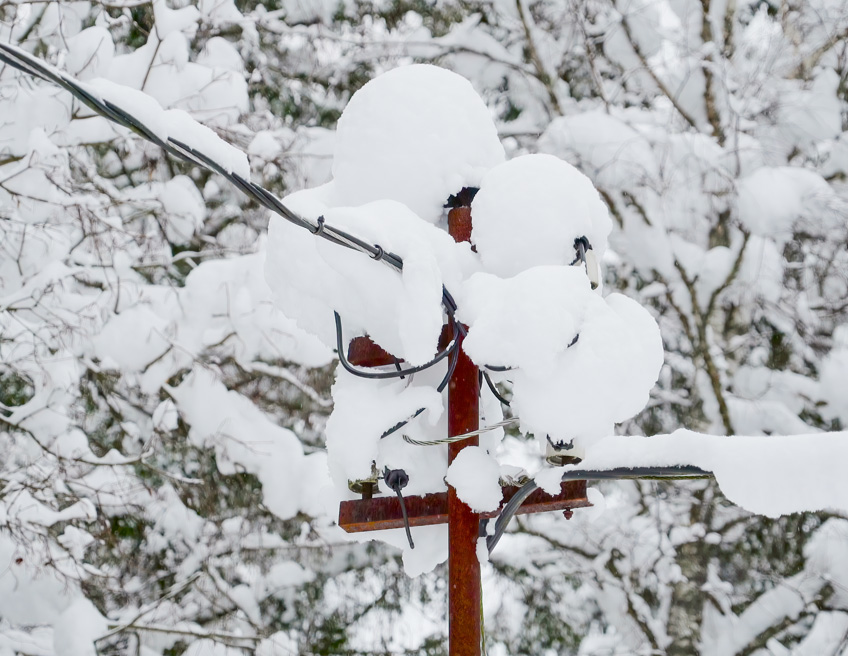Winter officially arrives in the Denver area at 9:19 p.m. Saturday, December 21st, and if this fall was any indication, there’s plenty of cold, snow, and ice to come. The mountains are measuring snow in feet, not inches, and heavy snow followed by days of sub-freezing temperatures left many city streets looking more like luge runs than thoroughfares.
Fortunately, there weren’t widespread power outages, but locals know that’s often not the case during winter storms. Here are some tips on how to be prepared when the inevitable outages hit.
Be aware of threatening weather
Someone once said that forecasting is tough, especially about the future, and that’s especially true when it comes to Colorado weather. Our diverse terrain creates local conditions that can vary considerably from the regional forecasts. Pay attention to weather forecasts but be aware of how that can impact your local conditions too. Cold air sinks into valleys and river bottoms and winds on mountains and hilltops, open prairies, and steep slopes can be much stronger than more sheltered areas.
Use your local forecast as a guide, but factor in conditions unique to your location.
Sign up for alerts
Radio and television stations broadcast emergency alerts, but other resources advise you of things like power outages that can be sent directly to your cell phone. Some utilities have outage maps and information on their websites and social media pages. Others let you sign up for text messages about outages that affect you directly. Check your utility’s website for sign-up information.
If power is out at your location, report it to your utility unless you know they are already aware.
Stay away from downed power lines
Never touch or go near a sagging or downed power line. High voltages can arc and flow through wet or even damp ground. If a line is down or appears weakened, leave the area and report it by calling 1-800-895-1999. If life or property is threatened, call 911.
Stock up for outages
Power outages of a few hours are annoying at best, and long-term outages or impassible roads can be an emergency. Keep your family safe and functioning by having things ready to get through an outage like:
- A battery-powered radio or television
- Flashlights
- Fresh batteries
- Back up phone chargers
- A cell phone or land line that doesn’t need electricity to operate
- A non-electric clock, preferably one with an alarm
- Bottled water and nonperishable food
- A manual can opener
- A first aid kit.
Also be sure you observe food safety and know how to operate electric locks and doors (including garage doors) manually.
Have a backup plan
Dining by candlelight may be romantic, but it can get old after a while. Backup power options like storage batteries and generators can keep you functioning during an outage and can be a necessity for persons dependent on life-sustaining medical devices.
There are several options for backup power depending on your particular needs. Read this article on the Allstar Electrical Services website to help you choose the right one for you.
If you're thinking about adding safe, reliable backup power or have any problems or concerns about your electrical service, the pros at Allstar Electrical Services are ready to help. We offer homeowners, builders, and businesses reliable, professional electrical work that is safe and up to code.
Call Allstar Electrical at (303) 399-7420 or visit our website. We've served the Front Range for over 15 years and are top-rated by the BBB.


